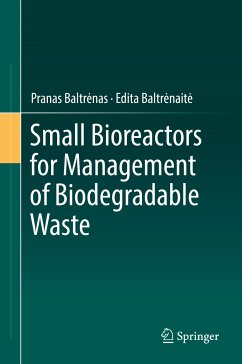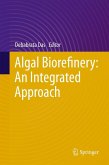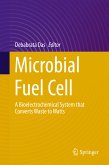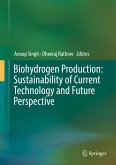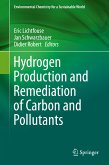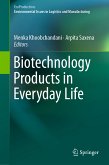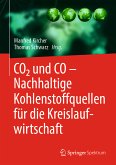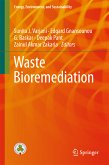The beginning chapters explain what biodegradable waste is, show how to predict how much waste an enterprise will produce, and elaborate the characteristics of the biogas which is generated from biodegradable waste in small bioreactors. Then the book discusses the types of small bioreactors and how to select the optimal bioreactor for a given case.Bioreactor performance is analyzed on both an economical and production efficiency basis, with experimental results provided on the quantity and quality of the biogas produced. The final chapters address how small bioreactors can be incorporated into small biogas plants, and the potential use of small bioreactors in countries with high demand for alternative energy using the case of Lithuania. The audience for this work includes specialists in biodegradable waste management and utilization enterprises, designers, and academics, researchers and students engaged in environmental engineering.
Dieser Download kann aus rechtlichen Gründen nur mit Rechnungsadresse in A, B, BG, CY, CZ, D, DK, EW, E, FIN, F, GR, HR, H, IRL, I, LT, L, LR, M, NL, PL, P, R, S, SLO, SK ausgeliefert werden.

